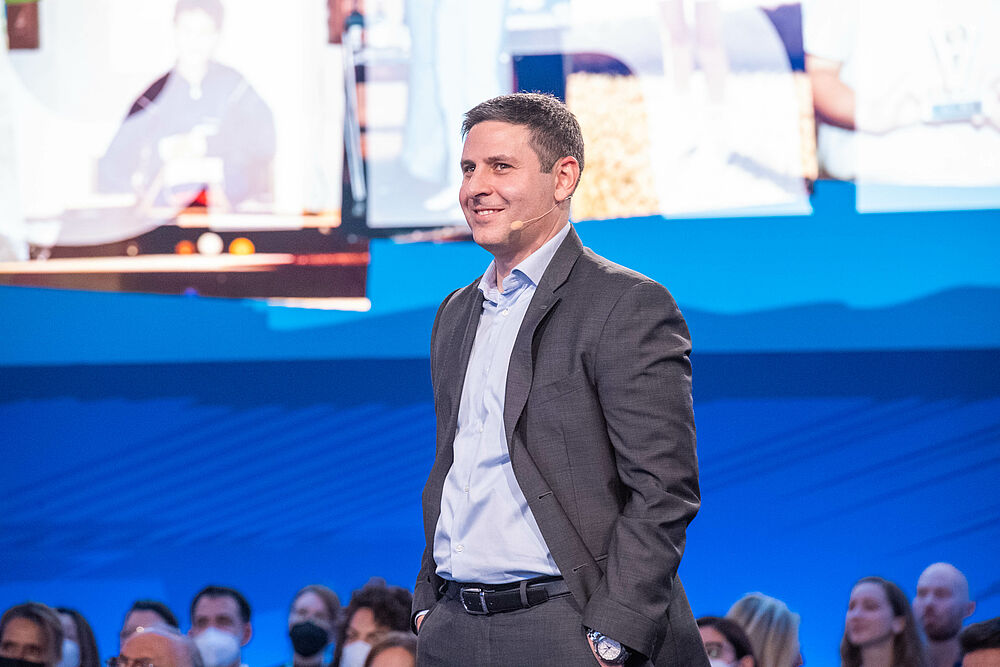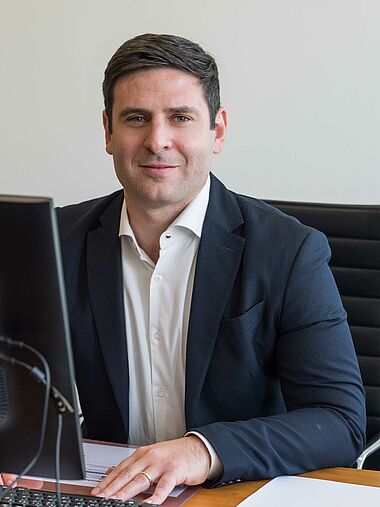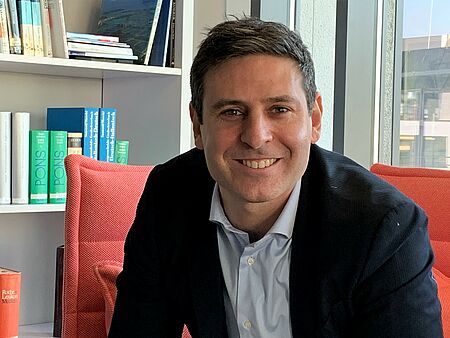
I joined Daiichi Sankyo in 2020 and I still remember vividly what a person living with breast cancer once told me, “Without treatment, I just would not be speaking to you today”. This fuelled my ambition of one day being able to say that breast cancer is now a chronic disease that people can live long and fulfilled lives with.
Do not get me wrong, we still have a long way to make this a reality. Breast cancer remains a significant health challenge and is the most commonly occurring cancer in women in Europe and the third highest cause of death and morbidity from cancer.1
I am fully aware of how fortunate I am to be working at a company that remains committed to finding new and innovative solutions for patients and perhaps one day, making my ambition a reality. The speed of which research and development has advanced has paved the way for a rapidly evolving treatment environment and a new era of novel therapies.
There is a clear need for breaking new ground and keeping up with the pace of innovation to find better treatments for people living with cancer – to give them more time with their loved ones.
Our understanding of breast cancer has evolved exponentially, and we now know that each person living with cancer is unique and requires a personalised treatment approach. Each person’s story is different, and their cancer care journey is often complex and challenging. Novel advances in immunotherapy, targeted therapies, genetic testing, and other innovative technologies have expanded our ability to address unmet needs by identifying specific subtypes of breast cancer.
By targeting a broader range of breast cancer subtypes, we can help more and more people with an aim to extend survival and improve their quality of life as much as possible.
In addition to delivering individualised treatment options to patients, we know that identifying and treating breast cancer earlier in its disease life cycle is critical to increasing the chances of improved management and survival outcomes. By leveraging novel technology, such as precision medicine techniques, we should aim to provide the best care for patients during their whole treatment journey and, continue to invest in early detection and screening.
It's with this understanding that we should come together as a community of healthcare professionals, oncologists, governing bodies and many more, to combine our expertise to bring much-needed new treatments to patients as quickly as possible. We want to enable people, whether a partner, a parent, or a friend, to continue experiencing moments in life that mater. A cancer diagnosis should not be the end of these essential moments. That is why we work relentlessly to answer patients’ needs in the best possible way and continue on our journey to – one day – create a future where breast cancer is no longer a deadly disease.
1. IARC. Globocan 2020 Cancer Today. Accessed: November 2023
Enter your username and password here in order to log in on the website
Dear User,
if you want to login you accept our
cookie policy
.


